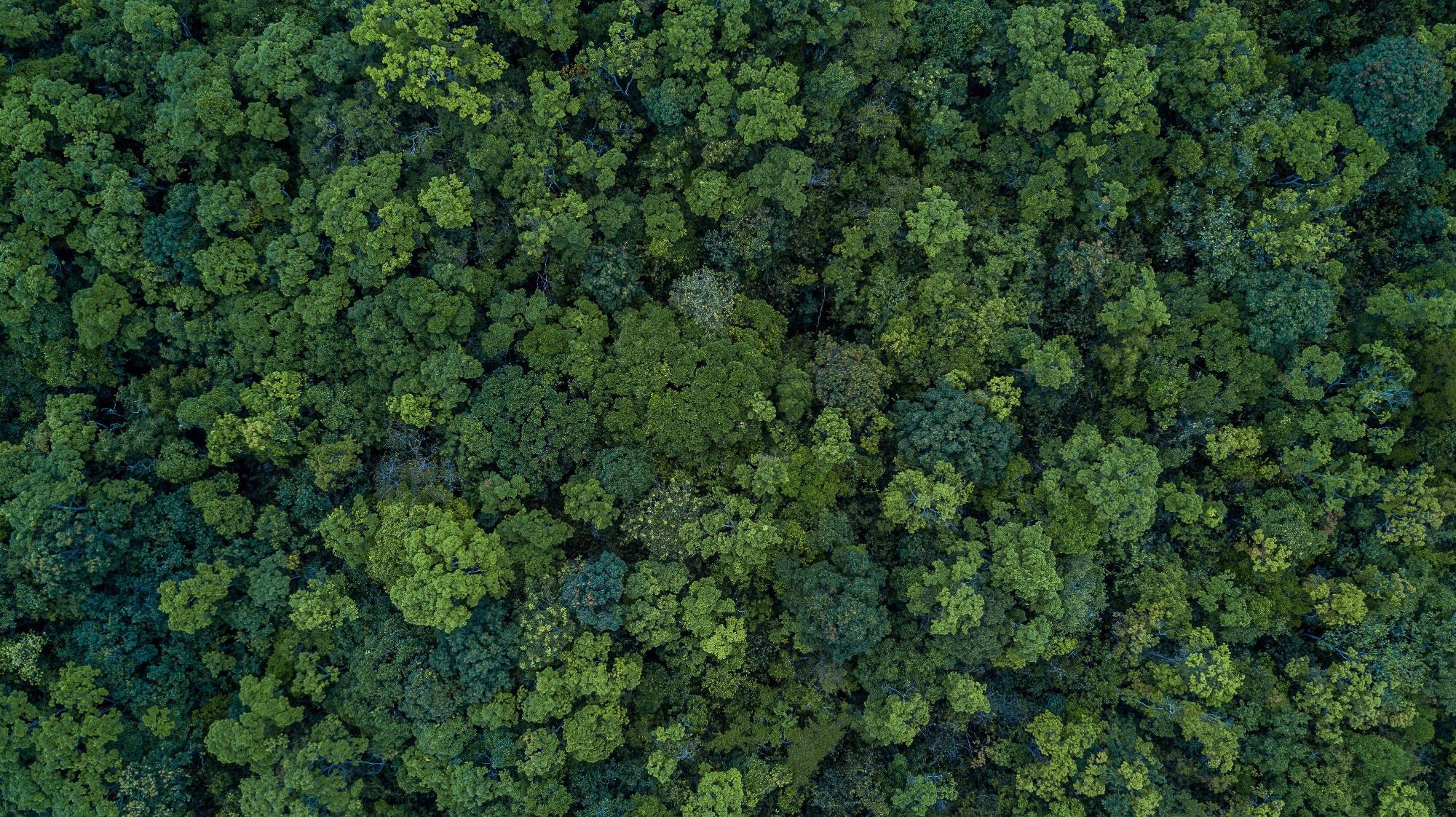From July 1st, 2022, the German Research Foundation (DFG) will support the Collaborative Research Center CRC 1537 “ECOSENSE.” For its interdisciplinary, thorough study of ecological processes in forests, the SFB will receive around 10.5 million euros over four years.

Image Credit: Shutterstock.com/ Avigator Fortuner
The team headed by CRC spokespersons Prof. Dr. Ulrike Wallrabe, Professor of Microactuators at the Institute of Microsystems Engineering, and Prof. Dr. Christiane Werner, Professor of Ecosystem Physiology at the Institute of Earth and Environmental Sciences at the University of Freiburg, would like to be able to detect and predict critical changes in the forest ecosystem that are occurring as a result of climate change more precisely and quickly.
Sensor Network Sends Measurement Data to Database in Real-Time
The CRC is working on an automated, intelligent sensor network that is based on novel microsensors to accomplish this. These will quantify the spatio-temporal dynamic behavior of ecosystem states and fluxes in a natural, complex-structured forest in a highly efficient way, as they are tailored to harsh forest environments.
The measurement data will be transferred in real time to a sophisticated database and will be immediately available for process analysis, deep learning and improved simulation models for short- and medium-term predictions.
Dr. Ulrike Wallrabe, Professor, Institute for Microsystems Technology, University of Freiburg
“Currently, there is a lack of suitable measurement, data, and modeling tools for comprehensive quantification of change processes in real time at the highest spatio-temporal resolution. That’s where we come in and develop mobile, easily deployable systems,” Wallrabe states.
Impacts of Climate Change on Complex Forest Ecosystems are Largely Unexplored
Climate change is threatening forest ecosystems worldwide, which serve an important regulatory function in the climate system as carbon reservoirs. The impacts on complex forest ecosystems with their multiple processes and interactions between soil, plant and atmosphere are largely unexplored. Future changes are therefore hardly predictable.
Dr. Christiane Werner, Professor, Institute for Institute of Earth and Environmental Sciences, University of Freiburg
Werner notes, “Improved process understanding of carbon and water cycles is imperative for accurate predictions of climate change impacts on our forests.”
The two CRC spokespersons, Wallrabe and Werner, stated, “The ECOSENSE toolkit, validated under controlled climate stress experiments and in our ECOSENSE forest, will enable a rapid assessment of any ecosystem in the future; even in remote areas.”
Interdisciplinary Collaboration Between the University of Freiburg and the Karlsruhe Institute of Technology
Freiburg researchers from six professorships in the Faculty of Environment and Natural Resources, as well as six professorships at the Institute for Microsystems Engineering (IMTEK) and the Institute for Sustainable Technical Systems (INATECH), are all involved in the study group.
This means that two large departments are equally involved in this project.
Dr. Ulrike Wallrabe, Professor, Institute for Microsystems Technology, University of Freiburg
The Freiburg researchers are working on the CRC alongside the Karlsruhe Institute of Technology’s (KIT) Institute for Microstructure Technology and Institute for Meteorology and Climate Research.